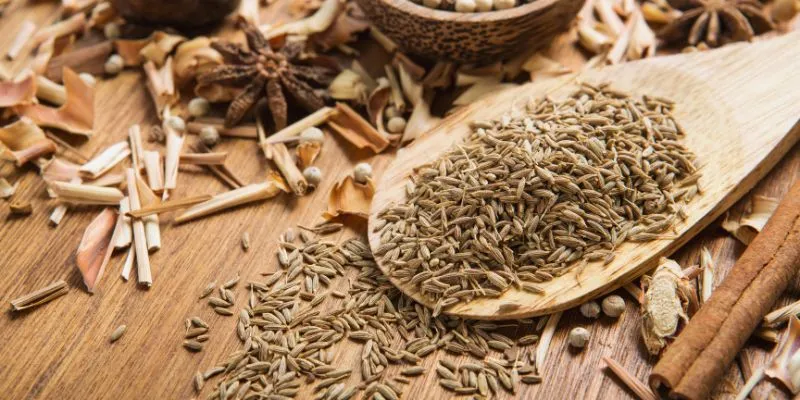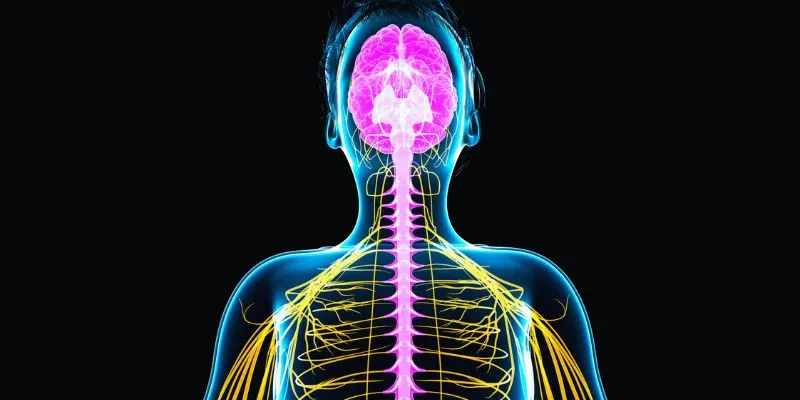Top Foods High in Iodine
Iodine is a vital mineral essential for producing thyroid hormones, which support brain development, bone growth, and metabolism. Common iodine-rich foods include seafood, dairy products, seaweed, beans, and citrus fruits. For adults, the recommended daily intake of iodine is 150 mcg. A deficiency can lead to hypothyroidism, which may cause symptoms like weakness, weight gain, and exhaustion, as well as goiter or swelling of the thyroid gland. Read on to discover more about foods high in iodine!
Foods High in Iodine
While many foods contain iodine, seafood is one of the richest sources. To ensure adequate iodine intake, consider adding the following foods to your diet:
Seaweed
Seaweed is one of the most beneficial natural sources of iodine. It is rich in vitamins, minerals, and antioxidants, and is low in calories. The iodine content varies depending on the type of seaweed, the region where it grew, and preparation methods. Kombu kelp, wakame, and nori are popular types of seaweed.
- Kombu Kelp: A brown seaweed available in dry or crushed powder form. It can be added to soups, salads, and smoothies or served as a side dish by sautéing, boiling, or steaming.
- Wakame: Known for its mildly sweet taste, wakame is often used in miso soup and can enhance poke bowls, stir-fries, and salads or be wrapped around fish before baking.
- Nori: A red seaweed with lower iodine levels, nori can be toasted and used as a garnish for salads, soups, Asian noodle dishes, and rice bowls.

Fish
Fish are excellent sources of vitamins , minerals, protein, healthy fats, and iodine, as they absorb it from seawater. Examples include cod, crab, scallops, shrimp, tuna, and squid.
- Cod: A versatile white fish with a mild flavor, providing essential nutrients and iodine, while being low in fat and calories. The iodine content varies based on the catch location and whether it was farm-raised or wild-caught.
- Crabs: Although lower in iodine than other seafood, a 100-g portion of crab contains 2650 mcg. Crabs are also rich in protein, zinc, B12, and selenium.
- Scallops: These have high iodine levels, with a single serving providing 135 mcg or 90% of the RDI. They may benefit the central nervous system and heart.
- Shrimp: A rich source of iodine, nutrients, and protein, shrimp contain phosphorus, selenium, and vitamin B12. Three ounces offer about 23% of the daily value.
- Tuna: High in protein and iodine, tuna is low in calories and rich in omega-3 fatty acids, which may reduce heart disease risk. Three ounces provide about 11% of the daily iodine requirement.
- Squid: Commonly served as calamari, each dish contains roughly 65 mcg of iodine and is a good source of calcium, iron, omega-3 fatty acids, and vitamin C.

Dairy
Dairy products like milk, cheese, and yogurt are major sources of iodine. The iodine content depends on several factors, including:
- Milk: Iodine levels vary based on the diet of dairy cows, season, milk production, and farming methods. Typically, one cup of nonfat cow’s milk contains 85 mcg of iodine.
- Cheese: Iodine concentration varies by cheese type. Cottage cheese has 65 mcg per cup, while cheddar cheese has 12 mcg per ounce.
- Yogurt: A great source of iodine, one cup of plain Greek yogurt can provide up to 116 mcg of iodine.
Iodized Salt
Iodized salt is an essential dietary component, offering a cost-effective way to prevent iodine deficiency, especially for those on plant-based diets. Adding iodine to table salt helps reduce goiter incidence. A 1/4 teaspoon of iodized salt contains about 71 mcg of iodine, or 47% of the daily requirement. However, due to health concerns like high blood pressure, iodine intake from salt has decreased in favor of reducing sodium consumption.
Eggs
Eggs are packed with vitamins and nutrients, including iron, folate, vitamin B12, riboflavin, vitamin D, vitamin E, and protein. The yolk is rich in iodine, with a boiled egg containing around 24 mcg. Iodine in eggs varies based on poultry feed. Typically, one large egg provides 24 mcg of iodine, meeting 16% of the daily requirement.
Conclusion
Iodine is crucial for maintaining overall health. Foods like dairy products, eggs, tuna, shrimp, and seaweed are rich in iodine. Additionally, iodized table salt offers an easy way to incorporate iodine into your diet. Alongside providing iodine, these foods are nutrient-dense and simple to include in daily meals.










